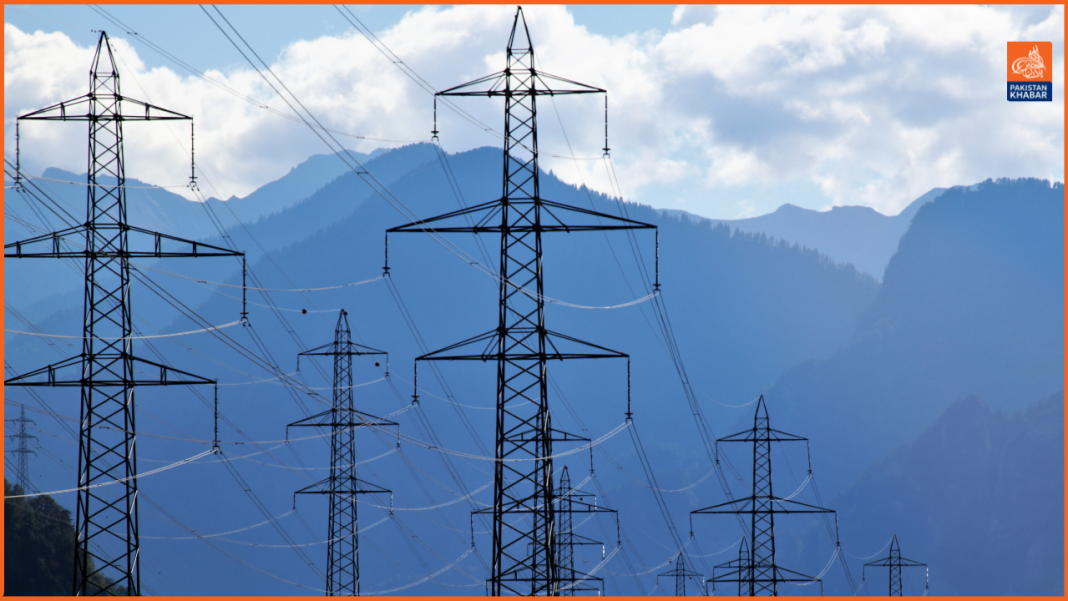In a significant move, owners of four independent power producers (IPPs) established under the 1994 policy, along with another under the 2002 policy, have been clearly instructed to voluntarily terminate their power purchase agreements (PPAs) and switch to a pay-and-take model. Failure to comply may lead to serious consequences, according to officials familiar with the situation.
The government has informed these IPP owners that it will no longer make capacity payments, which range from Rs139 billion to Rs150 billion annually, for the next three to five years. They were also told that the government has already overpaid them in terms of capacity payments, returns on equity, and even repaid loans.
One IPP owner indicated that if the government paid Rs55 billion to his company, he would be willing to terminate the contract and hand over control of the plant. However, he was informed that the government would not make such a payment and would not take control of the plant, leaving him with no choice but to terminate the agreement independently.
The task force overseeing this issue highlighted that the IPP management has violated their agreements by raising funds for other power plants using their own, which contradicts the terms of their contracts. These infractions could potentially lead to criminal charges.
Additionally, the owners were accused of misleading the government by falsely reporting operational losses between 2020 and 2024, resulting in unjustified profits amounting to billions.
The owners, including a former state minister for petroleum during the PTI government, have been summoned to meet with key members of the task force. They were warned that if they do not terminate their agreements, a forensic audit will commence, aimed at recovering excessive profits made through these alleged wrongdoings.
Meanwhile, current State Minister for Power Division Muhammad Ali has suggested that if the IPPs agree to terminate their agreements, he would facilitate the establishment of a private power market over the next two years, allowing them to sell their electricity to business players in the economy.




